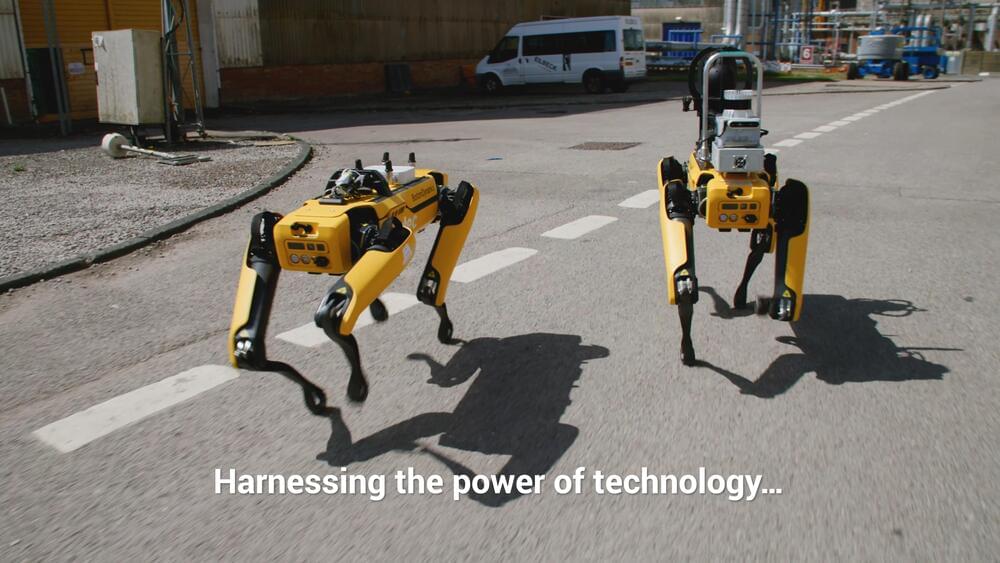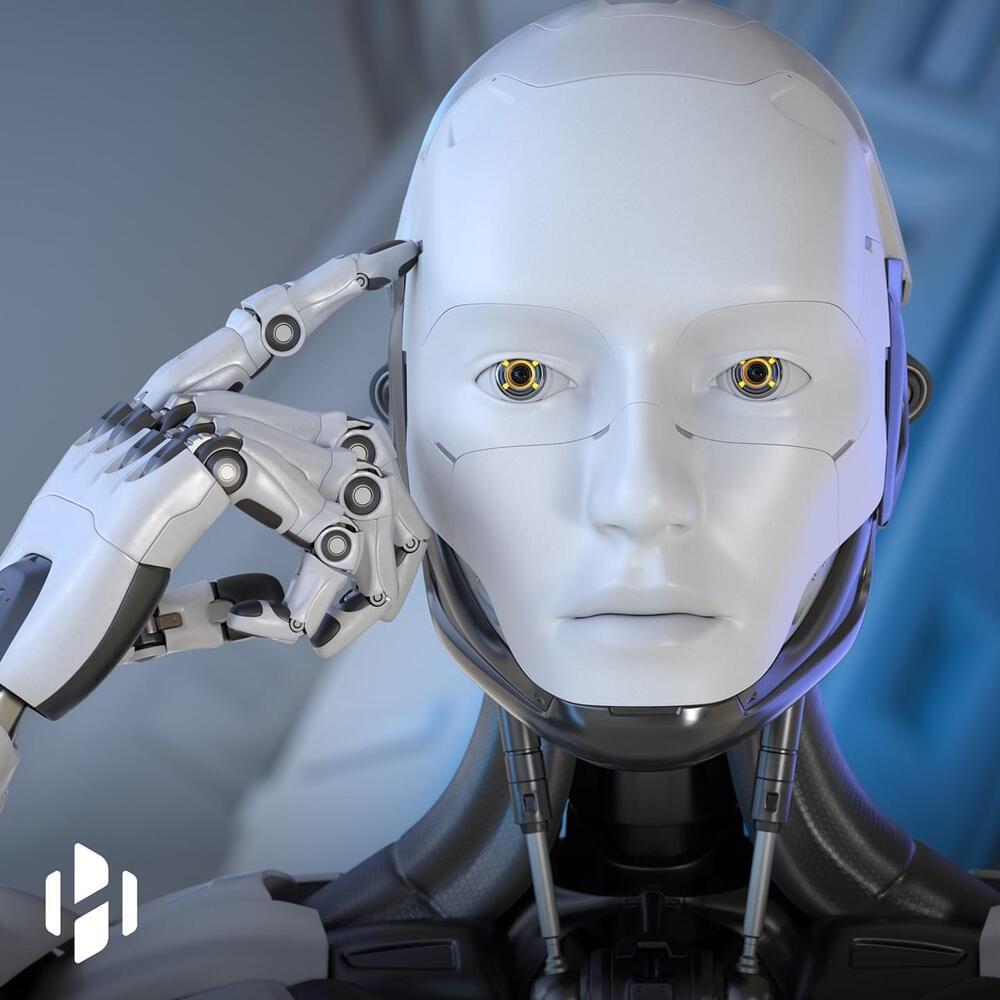Powered by 36 electric jet engines, Lilium’s fifth-generation demonstrator is an example of how quickly the eVTOL revolution is moving forward.
Get the latest international news and world events from around the world.

Elon Musk Mocks Jeff Bezos’ Attempt to Develop Immortality Tech
#ElonMusk is on a better path than Bezos is partly because he’s working on his brain chip and once that brain chip has been made dubbed complete he can make it so it works with tech and we can merge Tech with people which means that we can make a life out of tech and have our body be completely made robotic and as long as we have materials like synthetic blood that feeds and sustains the brain with the proper nutrients to stay alive. Theoretically u could live much longer. He seems to have the robot body and robot made and chip almost complete now he needs the synthetic sustainable blood for a human brain 🧠 implant into the robot tech body using Brian chip to control it. Immortality In theory the brain doesn’t have to be in the robotic body it can still be connected to the body through a central location via #StarLink #Robot links https://fb.watch/7UAKDX92Vh/ https://fb.watch/7Uyo7JYdok/ “Life is a video game in that aspect” But even without the brain merge you will be able to pair our minds with these AI robots and use them on 🌎 earth or beyond like a ship to #Mars or any other place that can get the signal from the brain to the robotic body.
Elon is at it again.

South Korean researchers create chameleon-like artificial “skin”
SEOUL, Sept 9 (Reuters) — South Korean researchers say they have developed an artificial skin-like material, inspired by natural biology, that can quickly adjust its hues like a chameleon to match its surroundings.
The team, led by Ko Seung-hwan, a mechanical engineering professor at Seoul National University, created the “skin” with a special ink that changes colour based on temperature and is controlled by tiny, flexible heaters.
“If you wear woodland camouflage uniforms in desert, you can be easily exposed,” Ko told Reuters. “Changing colours and patterns actively in accordance with surroundings is key to the camouflage technology that we created.”

Our partners at UK Atomic Energy Authority and Createc brought Spot to Sellafield Ltd to demonstrate how Spot can automate nuclear inspections
Our partners at UK Atomic Energy Authority and Createc brought Spot to Sellafield Ltd to demonstrate how Spot can automate nuclear inspections, support decommissioning, and reduce risk for people in hazardous environments. Watch the full video: https://bit.ly/3ttOgcr
SpaceCast Weekly — September 10, 2021
Is a NASA Television broadcast from the Johnson Space Center in Houston featuring stories about NASA’s work in human spaceflight, including the International Space Station and its crews and scientific research activities, and the development of Orion and the Space Launch System, the next generation American spacecraft being built to take humans farther into space than they’ve ever gone before.




Researchers decipher genetic mechanism that makes the midge invulnerable to harsh conditions
Circa 2014
New collaborative research published in the journal Nature Communications by scientists from Japan, Russia and the US contains the genetic analysis on a species of African midge, which can survive a wide array of extreme conditions including large variations in temperature, extreme drought and even airless vacuums such as space. The team successfully deciphered the genetic mechanism that makes the midge invulnerable to these harsh conditions. Prof. Noriyuki Satoh and Dr. Takeshi Kawashima of Prof. Satoh’s Marine Genomics Unit, as well as Prof. Alexander Mikeyhev of the Ecology and Evolution Unit, and Mr. Manabu Fujie and Dr. Ryo Koyanagi of the DNA Sequencing Section at the Okinawa Institute of Science and Technology Graduate University have contributed to the collaboration.
The midge, Polypedilum vanderplanki, is capable of anhydrobiosis, a unique state that allows an organism to survive even after losing 97% of its body water. Anhydrobiotic organisms are also able to survive other severe conditions such as extreme temperatures ranging from 90°C to-270°C, vacuums and high doses of radiation; all of which would be lethal to most other life forms.
The midge found in northern Nigeria lives in an environment where the dry season lasts for at least six months and droughts can last up to eight months. By the time eggs have hatched and larvae have developed, the pools of water they breed in have dried up. However these dried larvae can survive in this dehydrated state for more than 17 years. “This is a very interesting kind of phenomena,” remarks Prof. Satoh. “The first descriptions of this midge were more than 60 years ago… But serious research started only ten years ago.”
